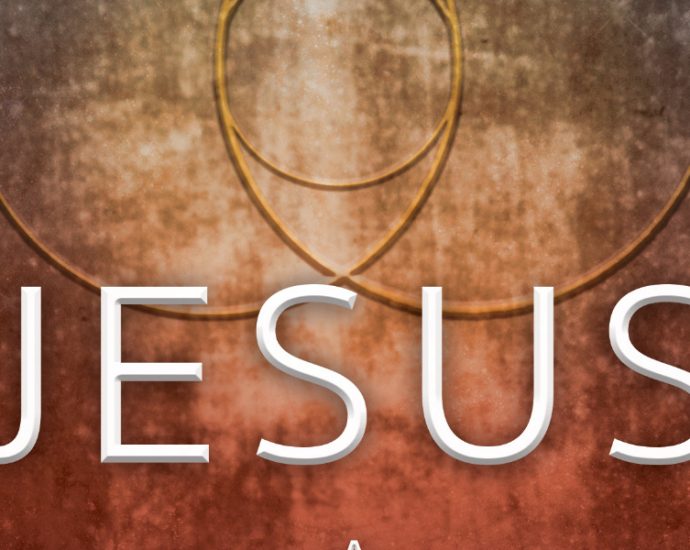Whitley’s New Book Jesus: A New Vision Now Available as a Kindle Pre-Order
Whitley Strieber’s new book, Jesus: A New Vision is now available as a Kindle format pre-order on Amazon.com. The Kindle version will be published on January 15 and audio, hardcover and softcover editions will follow shortly. To pre-order the Kindle edition now, click here. Jesus: A New Visionread more
